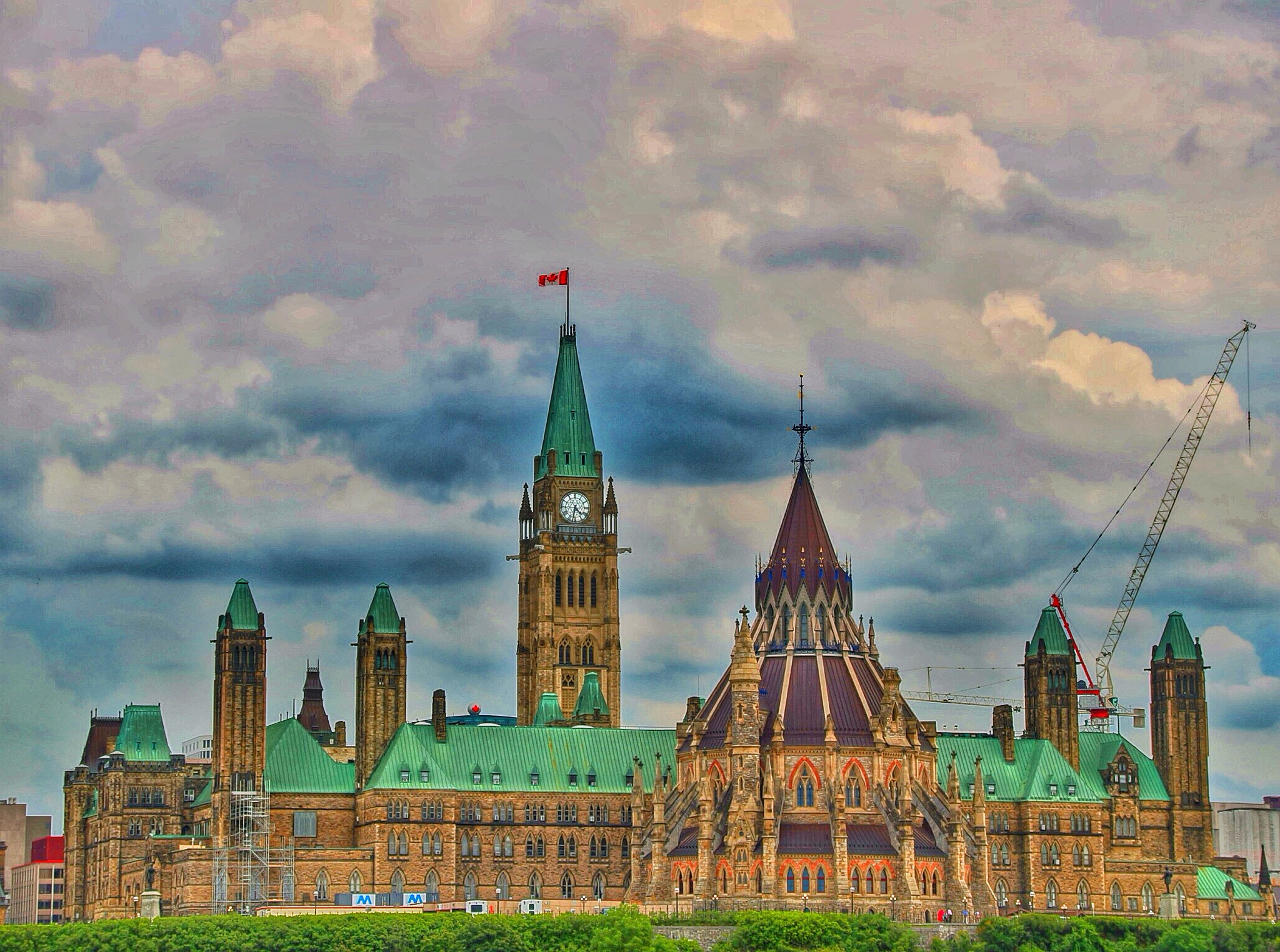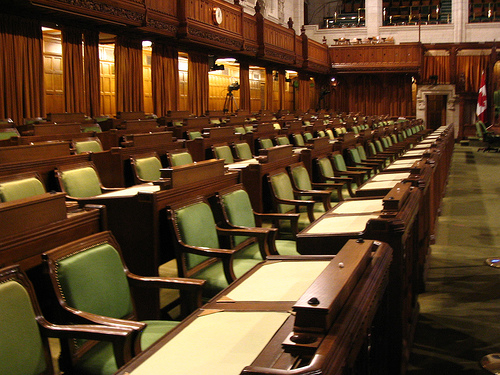VANCOUVER, Canada — The fondness that I hold for this nation and its institutions is something which has been instilled in me since my youth. I always nitpicked and stacked my books on Canadian and British history, making sure that I knew the stories of the people who have not only let me live in this country, but also become a part of their culture, and heritage.
Democracy, constitutional law, and liberty are ideals which have been passed down from the English-speaking peoples and which have permeated into different arms across different parts of the world, from Australia and New Zealand to the West Indies to, arguably, the United States, and of course Canada. The nation which shared great sacrifices alongside Great Britain in both world wars, and also provided its mother country with a great deal of aid
Undeniably Canadians have formed an identity which is unexampled across the globe, particularly because of its parsimony to its giant neighbor, yet we forget that the institutions which still govern this nation are frankly British. They are simply cogeneric, which means that to an extent the history of Britain, and even that of the Commonwealth — old and new — is a compulsory part of ours.
Black, Bliss, Pearson. All great historians which have had an immeasurable effect on the manner in which I view the history of a nation, who to this day remains heavily tied to its motherland. However there is a baffling quandary that is affecting most of those that are in my age group presently: there is an incessant approval of apathy towards this fact, and any history for that matter.
When you ask a young Canadian today what he/she is most proud of they will proudly answer: Canada’s natural beauty. Not the Canadian Pacific Railway which is a crowning achievement of human reason, and was built through unthinkable drudgery to connect this grand nation together. Another may say that he is proud of the fact that Canadians are nice — an asinine bromide — rather than say that to date Canada has participated in 54 peacekeeping missions around the world.
We live in an age where the greatest Canadian is not Alexander Graham Bell which has left humanity a gift which they could not fathom, but rather David Suzuki, who become a millionaire through collective activism. An age where people no longer read of the great strides and pains of Federick Banting, Terry Fox, and John A. Macdonlad; rather of the whims of Rob Ford, Justin Bieber, and Michael Buble.
What is most worrying, however, is not that people do not know Canadian history, but rather that they do not know the most basic functions of its government, both at the provincial and federal levels. They do not realize the crowning glory of British democracy which still runs smoothly today. They are ready to attack Stephen Harper, Justin Trudeau and so on blindly without actually understanding any particular issues at hand, nor the political processes which make our lower and upper houses battle it out in the name Westminster-style democracy.
Still, the issue is not that most youth fail to read any British history, rather that they even make no attempt at Canadian. Where the source of this philistinism derives from one cannot say, especially in a culture where a library card is gratuitous. Even more so in a culture where information is so widely accessible.
Do not be fooled by the common university student who at first glance might seem intelligent because of his/her ability to quote some famous men and women. Their understanding of history, culture, and the arts starts with the “Introduction” and ends at “Chapter 19.” They usually are against mainstream politics, but cannot name the mechanism and historical principles that produced them. They are the ones who embrace deconstructionism readily, without grasping the ideas and basics of what they should be “deconstructing.”
They do not read the history behind parliament, capitalism, socialism, Canadian conservatism and liberalism, yet both those on the left and right attack them, without expanding their historical research beyond half a Wikipedia article. It is apparent that we are now in an age where our youth is located in an eerie world of “educated” illiteracy.
Rant By Milad Doroudian
Image by Tamar

